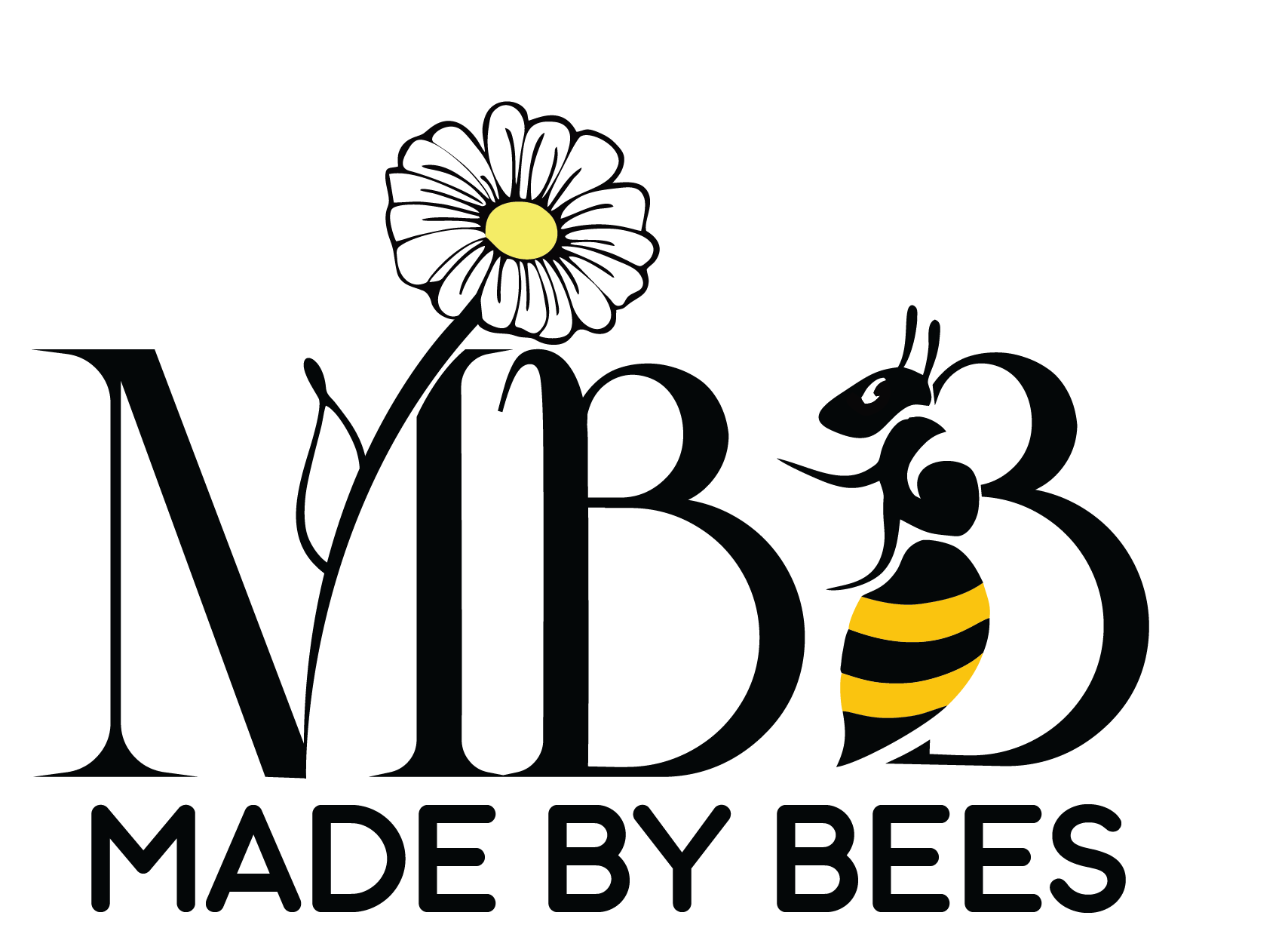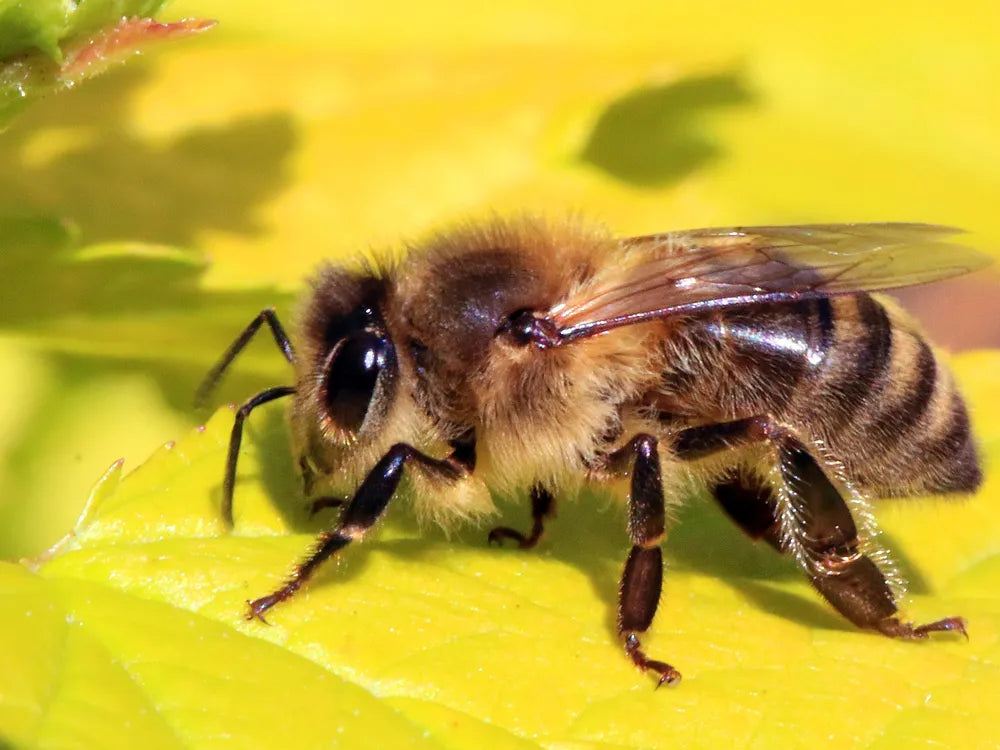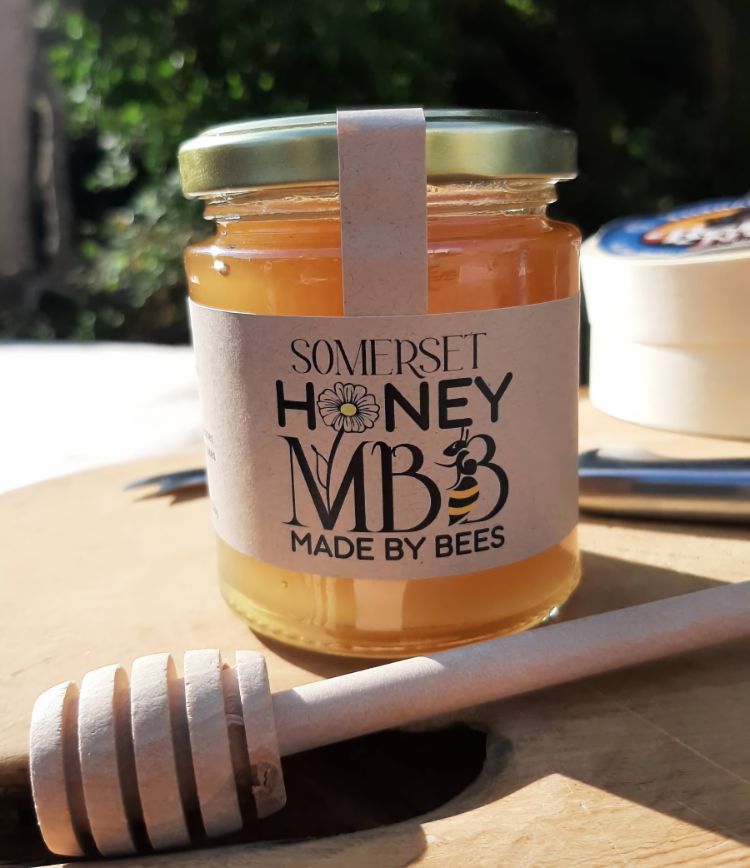Precision detection of select human lung cancer biomarkers and cell lines using honeybee olfactory neural circuitry as a novel gas sensor...
Honeybees are often hailed as heroes for pollinating crops that feed the world. But as it turns out, these buzzy insects might have another useful trick up their sleeves: sniffing out cancer.
Laboratory experiments suggest honeybees can identify lung cancer using their keen sense of smell, researchers report this month in the journal Biosensors and Bioelectronics.
Scientists have long known that animals can detect diseases through scents. Diabetic alert dogs can smell when their human’s blood sugar is too low or too high, and ants can be trained to smell cancer in urine, for example. Dogs can also learn to sniff out cancerfrom saliva samples.
For the new study, researchers were curious about the disease-detecting abilities of honeybees, which they say could serve as a more affordable and lower-maintenance alternative to cancer-sniffing dogs, reports CBS News’ Kelly Vaughen.
The team held honeybees in place using wax and 3D-printed plastic harnesses, then attached electrodes to the part of their brains that processes odors. Then, they exposed the bees’ antennae to different aerosolized mixtures: one that mimicked the compounds found in the breath of a lung cancer patient, and another that represented the breath of a healthy person.
In response to the scents, the bees’ brains produced different electrical signals. Looking at these signals, researchers could distinguish between the two types of artificial breath at least 93 percent of the time.






Share:
Asian hornet most likely already established in UK
Calling for the UK government to ban the use of pesticides in publicly run areas of our villages, towns and cities.